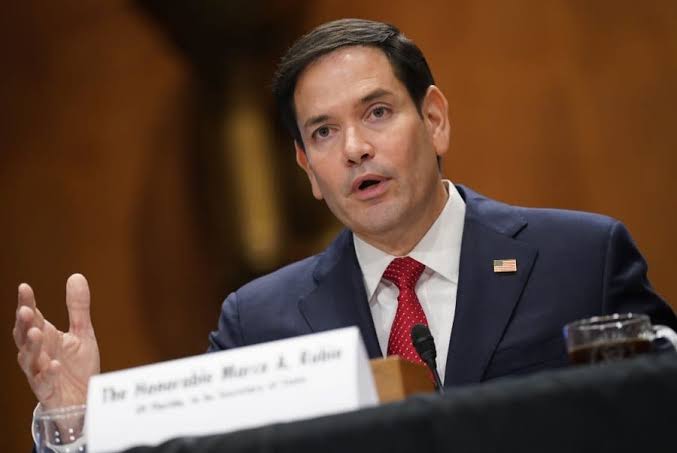Marco Rubio Halts Foreign Aid Spending for 90 Days, Including Potential Ukraine Military Assistance
In a move that has sent shockwaves through the State Department, Secretary of State Marco Rubio issued an order Friday halting most existing foreign aid grants for 90 days. The directive, effective immediately, requires department staff to issue nearly all ongoing foreign assistance programs. This unprecedented decision appears to include funding for military assistance to Ukraine, sparking concerns about its implications for U.S. foreign policy and global alliances.

The order, obtained by POLITICO, builds upon President Donald’s recent executive directive to pause foreign aid grants for a 90-day review. However, Rubio’s guidance goes further, applying the freeze to already appropriated funds and previously approved programs. This marks a significant escalation, with one State Department official describing it as the department going “nuclear on foreign assistance.
Exceptions and Uncertainty
Despite its sweeping nature, the guidance does provide limited exceptions. Military financing for Egypt and Israel will continue, reflecting their longstanding security partnerships with the U.S. However, ambiguity remains regarding the treatment of specific programs, as the order notes that decisions must align with the terms of the relevant awards.
Impact on Ukraine Aid
One of the most contentious aspects of the directive is its potential impact on military assistance to Ukraine. While the exact application remains unclear, three current and two former officials confirmed the guidance effectively halts aid disbursement to approved programs, raising concerns about support for Ukraine amid its ongoing conflict with Russia.
Internal and External Reactions
Critics argue the move undermines U.S. commitments to key global allies and partners, particularly at a time of heightened geopolitical tensions.
On the other hand, proponents of the pause argue it aligns with efforts to ensure accountability and efficiency in U.S. foreign aid spending. The 90-day review period is expected to evaluate whether aid programs serve U.S. interests effectively.
Broader Implications
As the 90-day review unfolds, the directive’s consequences will likely shape debates over the future of U.S. foreign assistance, particularly regarding its role in advancing strategic and humanitarian goals.


Comments are closed, but trackbacks and pingbacks are open.